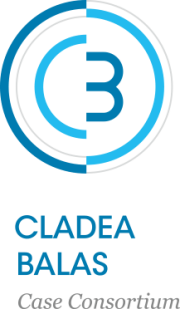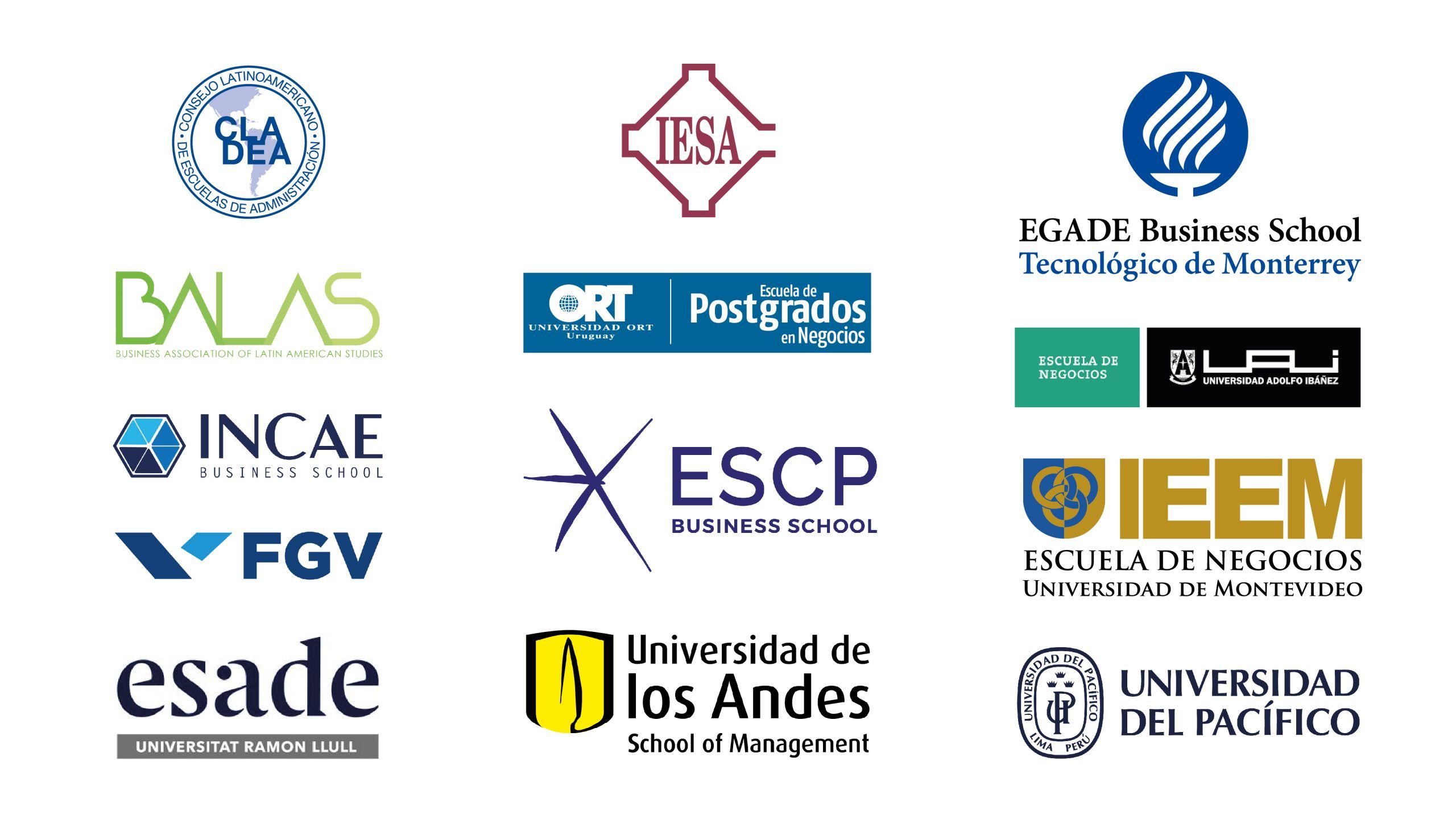NOTICIAS
El Financial Times incluye la producción de casos pedagógicos en su índice de investigación
14 de noviembre 2024
El Financial Times incluyó a la producción de casos pedagógicos en su índice de investigación: FT Aggregated Research Ranking. El FT publicó sobre este tema un Special Report (https://www.ft.com/reports/business-school-insights).
En la introducción al número especial, explican que “the greatest form of resonance in disseminating business school research for impact should be through the students. Therefore, we explore ways to assess academics’ production of teaching materials.” Además de esa explicación general, también abordan este tema en un artículo específico: https://www.ft.com/content/4737a206-5162-4738-a14e-75b75e31fec4
Para cualificar calidad y estimar impacto el FT se apoya en el índice de impacto del Case Centre (https://www.thecasecentre.org/impactIndex/2024/default).
Esta es una buena noticia que fortalece en búsqueda de posicionar el case research como una forma de producción intelectual en las escuelas de nuestra región.
NOTICIAS
The Case Centre destaca a dos de nuestras escuelas por su producción de casos pedagógicos a nivel mundial
14 de noviembre 2024
The Case Centre destaca a nuestras escuelas aliadas, ESCP Business School y ESADE Business School, entre las 50 escuelas con más impacto en términos de producción de casos pedagógicos a nivel mundial (revisa más aquí).
ESCP se ubicó en el posición 31, mientras que ESADE se ubicó en la posición 36. Vale la pena destacar que algunos de los casos de ambas escuelas han sido ganadores de premios.
Nos complace mucho que ambas escuelas hagan parte de nuestra colección y hayan obtenido este merecido reconocimiento.
Entrevistas
Harvard Business Publishing (HBP) entrevista a María Helena Jaén

En esta entrevista, divulgada por Latam Review, nuestra directora editorial María Helena Jaén tuvo la oportunidad de responder algunas preguntas sobre el crecimiento del CBCC y compartió algunos consejos para los docentes interesados en la redacción de casos.
1. What is the CLADEA BALAS Case Consortium?
CBCC is a collection of cases from a consortium of 10 Iberoamerican schools, BALAS, and CLADEA focusing primarily on management and business issues in Latin America and Spain. We currently have roughly 84 cases with their corresponding Teaching Notes. We have achieved a high-quality case collection following rigorous international standards and a double-blind review process. As a result of our robust quality control system, our cases are published and globally distributed by Harvard Business Publishing Education. All our cases are published in English and in either Spanish or Portuguese.
2. How can someone publish a case with Harvard Business Publishing Education through CBCC?
The first path involves institutional membership. To join CBCC, a school must prove to the CBCC Editorial Board that it meets several requirements, the most important being that it produces proven quality teaching cases. The institutional members agree to create at least two cases per year to build the collection. CBCC’s institutional members attend four meetings a year held by its governance body, the Editorial Board, and participate in the decision-making process.
The second path hinges on individual case writers submitting their own cases to the BALAS’ and the CLADEA’s annual conferences’ case tracks. The best cases submitted to both academic meetings go to CBCC’s evaluation process, and the ones that meet the specific quality standards and requirements are accepted into the CBCC collection.
3. What’s your advice for faculty interested in case writing?
First, it’s necessary to be a case teacher before writing a case. You need that mindset to put the students in the center of the learning-teaching process. Write engaging cases so the learners can put themselves in the protagonist’s shoes. From our experience it is crucial to have a protagonist with whom students can identify. A suitable case needs focus, but at the same time, it must have comprehensive background information and different perspectives that show the complexity and nuances of realistic situations. A compelling case promotes introspection, active learning, critical and creative thinking, and practical problem-solving skills among students.
Define your case’s learning objectives and measurable outcomes: What do you want your students to achieve after discussing the case? Your learning goals are your compass to direct the case discussion journey. And finally, conduct a case pilot test in class. A case is not finished until you have tried teaching with it in a classroom setting.
4. How do you foresee CBCC evolving in the next few years?
We aim to become a top-quality case collection and clearing house based on the most rigorous international standards. We envision the CBCC as a valued Harvard Business Publishing Education partner and the most important, recognized Iberoamerican management and business case collection.
CBCC:
Promovemos la
discusión de los dilemas que enfrentan
los líderes y gerentes de Iberoamérica
Coordinación Editorial
Correo electrónico: [email protected]
Universidad de los Andes, Bogotá, Colombia

